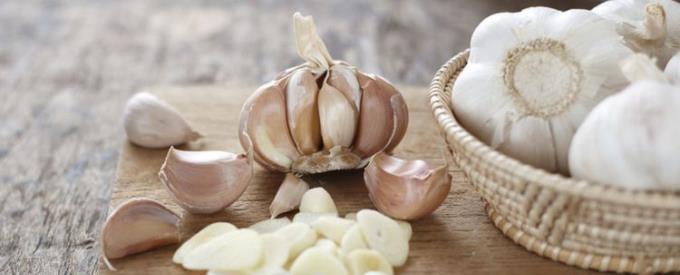Hypertension is a common symptom of pregnancy. There are many foods that help lower blood pressure that you should know to prevent this symptom like cucumbers, olive oil, potatoes and others.
High blood pressure often causes problems during pregnancy and can lead to pre-eclampsia, a very dangerous complication in pregnancy. Therefore, you should include foods that help lower blood pressure. From there, you will have a safer pregnancy.
1. Apples
Apples are very helpful in helping to lower blood pressure as this fruit has a diuretic effect and helps lower blood sodium levels. This really helps a lot for the kidneys. During pregnancy, the kidneys have to work harder to flush waste products out of the body. Therefore, eating apples will lower sodium levels and allow the kidneys to relax.
2. Calcium-rich foods
According to some researchers, foods rich in calcium help control blood pressure during pregnancy very well. High blood sodium levels are often the cause of high blood pressure in pregnant women.
Calcium tends to help lower blood pressure. That is why it is recommended by doctors to consume calcium rich foods like milk during pregnancy.
3. Celery
Celery has been used quite commonly in Asian cuisine for centuries. A recent study done at the University of Chicago found that there are substances in celery that can help lower blood pressure. This vegetable helps to reduce levels of stress hormones, which should help pregnant women feel relaxed.
4. Cucumber
Cucumber helps to cool the organs in the body. A glass of cucumber juice, mixed with honey and lemon can help pregnant women limit hypertension.
This food is quite safe and does not cause any side effects. You can drink this juice twice a day and enjoy a hassle-free pregnancy.
5. Fruits rich in vitamin C
Fruits like lemons and oranges are good for reducing blood pressure in pregnant women. Vitamin C directly affects hormones and helps the body maintain a stable temperature. That is why women should eat fruits rich in vitamin C during pregnancy .
6. Vegetables rich in fiber
Fiber-rich vegetables like cabbage are good for lowering blood pressure. Fiber is very good for blood vessels and helps to strengthen the function of the heart.
Fiber has the ability to control and regulate the amount of blood circulating through the veins and arteries to help you have a mild pregnancy. In addition, fiber is also very good for the digestive system.
7. Garlic

Although garlic is a food that enhances the flavor of your dish, it also has a huge effect on blood pressure. During pregnancy, you often experience spasm of the arteries. The cause of this condition is due to hormone changes in the body.
Eating a lot of garlic helps to keep the arteries from constricting and to transport blood to the placenta. Therefore, garlic also helps you have a healthy pregnancy.
8. Olive oil
High intake of cooking oils and greasy foods are believed to be harmful during pregnancy. However, taking olive oil is considered to have a positive effect on blood pressure. A study by the University of Kentucky , USA, shows that olive oil can help lower blood pressure. So if you are pregnant, you can use olive oil to mix salads, sprinkle on dishes or stir fry, do not use olive oil to fry foods, as the smoke point of olive oil is lower than other oils. . If frying at high temperature, the flammable oil causes toxic substances to the body.
9. Parsley
Parsley is a very useful food that pregnant women should consume. It strongly and positively affects adrenalin and the thyroid gland. That's why this vegetable helps to relax veins and arteries.
Pregnancy causes an increase in adrenaline. This has a negative effect on your pregnancy. Therefore, when cooking soup, do not forget to add this spice vegetable.
10. Potassium-rich foods
A recent study showed the effects of potassium on the blood pressure of pregnant women. Pregnant women need to maintain a certain amount of potassium in the body. Otherwise, the blood pressure can suddenly rise causing various problems. Therefore, it is important that you balance your diet to ensure adequate potassium is supplied to your body. Foods high in potassium are bananas, tomatoes, watermelon, yogurt, beans ...
11. Vegetable juices
Vegetable juices like carrot or spinach also help lower blood pressure in pregnant women. You can squeeze carrots with spinach and use it every day throughout your pregnancy. In addition to promoting health, these juices also help calm the nervous system and help control the amount of sodium in the blood.
12. Beetroot
Beetroot is a very special food that you should pay attention to in your diet. Beetroot is rich in nitric oxide, which helps open blood vessels and lowers blood pressure. You can use beets to make soup with carrots, potatoes or as a juice.












